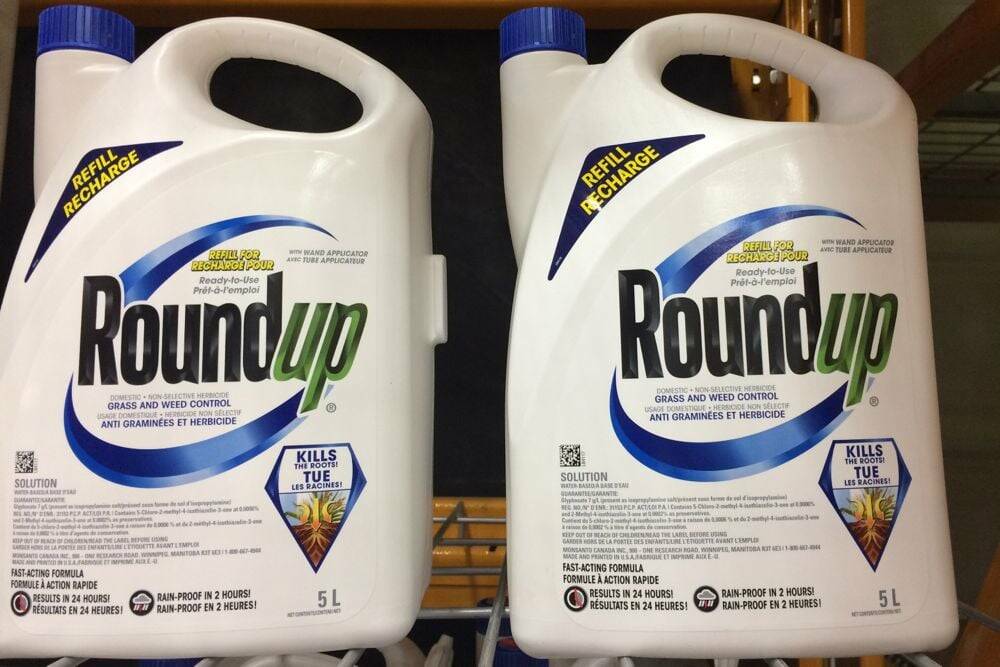New electronic phytosanitary export certificates will smooth the flow of Canadian grain and grain products to Mexico, the Canadian Food Inspection Agency said on Monday.
The CFIA began issuing the electronic certificates on Nov. 3, it said in a news release.
Phytosanitary export certificates are documents that certifies plants or plant products are free from pests, inspected with appropriate procedures and confirm to the phytosanitary requirements of the importing country.
Read Also

Bayer’s proposed Roundup settlement faces first signs of pushback in court
Law firms representing nearly 20,000 people who sued Bayer over alleged injuries from its Roundup weedkiller urged a Missouri judge to delay reviewing the German company’s proposed US$7.25 billion nationwide settlement, arguing that rushing would violate the rights of cancer patients and their families.
Using electronic certificates instead of paper documents will cut down delivery times and will reduce the risk of fraud, the CFIA said.
Canada and Mexico will explore expanding the tool to other agriculture and agri-food products.
The move comes as part of the Canada-Mexico Action Plan announced in September, which would see the two countries cooperate on trade and regulatory issues.
Benefits of ‘ePhyto’
Many countries rely on paper phytosanitary certificates, but these have major drawbacks, according to the Food and Agriculture Organization of the United Nations (FAO).
“Paper certificates are not easily corrected when last-minute changes are needed and can be lost,” the FAO said. This can lead to border delays and penalties and could jeopardize the quality of some goods.
This spring, an FAO report looked at trade data from Serbia, Egypt, Ukraine and Uzbekistan and found that electronic phytosanitary certificates — or “ePhytos” — were easier and cheaper to use and fairly inexpensive to adopt.
Exporting companies found savings ranging from $0.25 per tonne to $5.98 per tonne for fruit shipments.
















